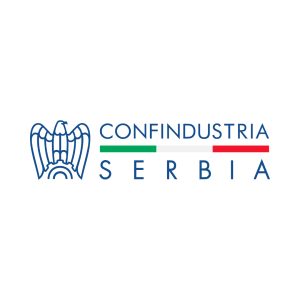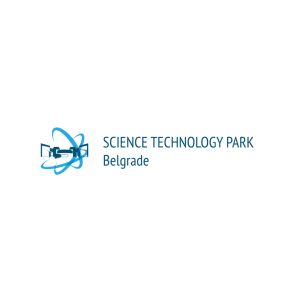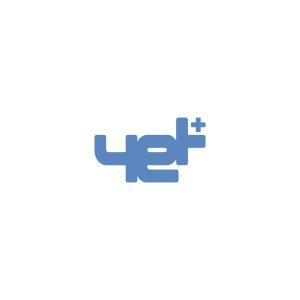HMI2MARKET
Upgrading university entrepreneurial infrastructures for human-machine interaction innovations acceleration that foster inclusive employment, injury prevention and social wellbeing in labor-intensive industries
About
HMI2MARKET is an EU-funded initiative under the EIT HEI Initiative that aims to transform university-based innovation ecosystems to accelerate the market readiness and adoption of Human-Machine Interaction (HMI) solutions. By bridging the gap between academic research and industry application, the project fosters entrepreneurship, inclusive innovation, and digital transformation across Europe’s manufacturing and labor-intensive sectors.
The project brings together a diverse consortium of higher education institutions, science and technology parks, innovation hubs, and business support organizations to scale up entrepreneurial capacities and support HMI-based solutions that enhance occupational safety, social wellbeing, and inclusive employment

Goals
The HMI2MARKET project seeks to activate and elevate the entrepreneurial potential of European higher education institutions (HEIs) in the field of Human-Machine Interaction (HMI). Rooted in the belief that HMI innovations can significantly enhance occupational safety, social wellbeing, and inclusive employment, the project sets out to accomplish the following core goals:
Transform HEIs into engines of innovation and entrepreneurship by building institutional capacity to support the development, validation, and scaling of HMI technologies with real-world applications.
Bridge the gap between academic research and the market by facilitating structured pathways that move HMI innovations from lab prototypes to commercially viable products and services.
Foster inclusive and human-centric technological solutions that empower diverse groups—such as older workers, people with disabilities, and underserved labor sectors—through assistive and augmentative HMI applications.
Enhance regional innovation ecosystems through cross-border collaboration among universities, technology parks, start-up incubators, and industrial stakeholders.
Contribute to the green and digital transitions by supporting the deployment of HMI solutions that reduce injury risks, promote sustainable manufacturing, and improve the quality of work.

Timeline
Kick-off meeting, partner onboarding, administrative setup, project website launch, initial dissemination actions.
Mapping of current HEI entrepreneurial ecosystems, stakeholder engagement, baseline surveys, capacity gap analysis.
Design of entrepreneurial and HMI-focused training modules, co-creation with stakeholders, material piloting.
Launch of mentorship programmes, innovation clinics, start-up acceleration support for HMI solutions.
Selection and implementation of pilot projects showcasing HMI innovations in real-world contexts.
Impact assessment, recommendations for policy and practice, scalability and sustainability planning.
Final event, publication of results, media outreach, stakeholder follow-up, submission of final reports.
Objectives
To achieve these ambitious goals, HMI2MARKET sets forth the following specific and measurable objectives:
Capacity Building for Innovation and Entrepreneurship:
Equip HEI staff, students, and researchers with the skills, tools, and institutional support necessary to engage in entrepreneurial activities, with a focus on human-machine interaction technologies.
Design and Delivery of Targeted Training:
Develop modular training programmes and workshops on topics such as HMI entrepreneurship, start-up creation, business modelling, technology transfer, and go-to-market strategies—tailored to the needs of both technical and non-technical audiences.
Establishment of Mentorship and Acceleration Schemes:
Set up support structures including mentorship programmes, innovation clinics, and acceleration tracks to guide researchers and students in transforming HMI ideas into viable ventures.
Strengthening of Industry-Academia Collaboration:
Facilitate co-creation partnerships between universities, companies, and innovation hubs to ensure that HMI research addresses market demands, end-user needs, and societal challenges.
Deployment of Pilot and Demonstration Activities:
Identify and support promising HMI projects through pilot testing, user validation, and demonstration activities in relevant industrial and societal environments.
Integration of Inclusive Innovation Principles:
Ensure that all project outputs—including training materials, pilot initiatives, and commercialization strategies—adhere to principles of universal design, accessibility, and social impact.
Dissemination and Uptake of HMI Solutions:
Promote project results and successful HMI innovations through communication campaigns, stakeholder engagement, policy dialogues, and replication strategies to ensure sustainability and long-term impact.

Contact
Subscribe here and stay updated

This project is supported by EIT Urban Mobility, an initiative of the European Institute of Innovation and Technology (EIT), a body of the European Union. EIT Urban Mobility acts to accelerate positive change on mobility to make urban spaces more liveable.
Learn more: eiturbanmobility.eu
[Project Code: 9.2-0001-1028-1130.3]
© All Rights Reserved.









